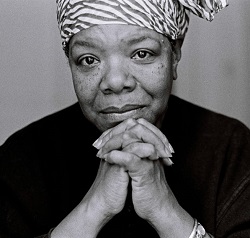COVID-19 Tests World Image: New Statesman
COVID-19 Tests World Image: New Statesman
Read the essay from New Statesman about stoicism during times of crisis.
Jeremy Cliffe is International Editor of the New Statesman.
Poetic Reflections on Stoicism
Peerless and solitary
You allow me to stay
Our first meeting night:
The height of autumn,
The air crisp-clear.
But the mists come soon,
Then the rain,
Then, toward morning,
The milky moon.
Then the thunder,
Then the flood,
Then your stoic sleep
While I drop tears
You scorn to weep
- Li Chin, AD 750
Riches I hold in light esteem,
And love I laugh to scorn,
And lust of fame was but a dream
That vanished with the morn….
Yes, as my swift days near their goal,
‘Tis all that I implore –
In life and death, a chainless soul,
With courage to endure.
- Emily Brontë, 1846
I thank whatever gods may be
For my unconquerable soul….
It matters not how strait the gate,
How charged with punishments the scroll.
I am the master of my fate:
I am the captain of my soul.
- William Ernest Henley, 1875
If you can keep your head when all about you
Are losing theirs and blaming it on you,
If you can trust yourself when all men doubt you,
But make allowance for their doubting too;
If you can wait and not be tired by waiting,
Or being lied about, don’t deal in lies,
Or being hated, don’t give way to hating,
And yet don’t look too good, nor talk too wise.
If you can dream—and not make dreams your master;
If you can think—and not make thoughts your aim;
If you can meet with Triumph and Disaster
And treat those two impostors just the same;
If you can bear to hear the truth you’ve spoken
Twisted by knaves to make a trap for fools,
Or watch the things you gave your life to, broken,
And stoop and build ’em up with worn-out tools….
- Rudyard Kipling, 1895
You may write me down in history
With your bitter, twisted lies,
You may trod me in the very dirt
But still, like dust, I'll rise….
You may shoot me with your words,
You may cut me with your eyes,
You may kill me with your hatefulness,
But still, like air, I’ll rise.
- Maya Angelou, 1978




